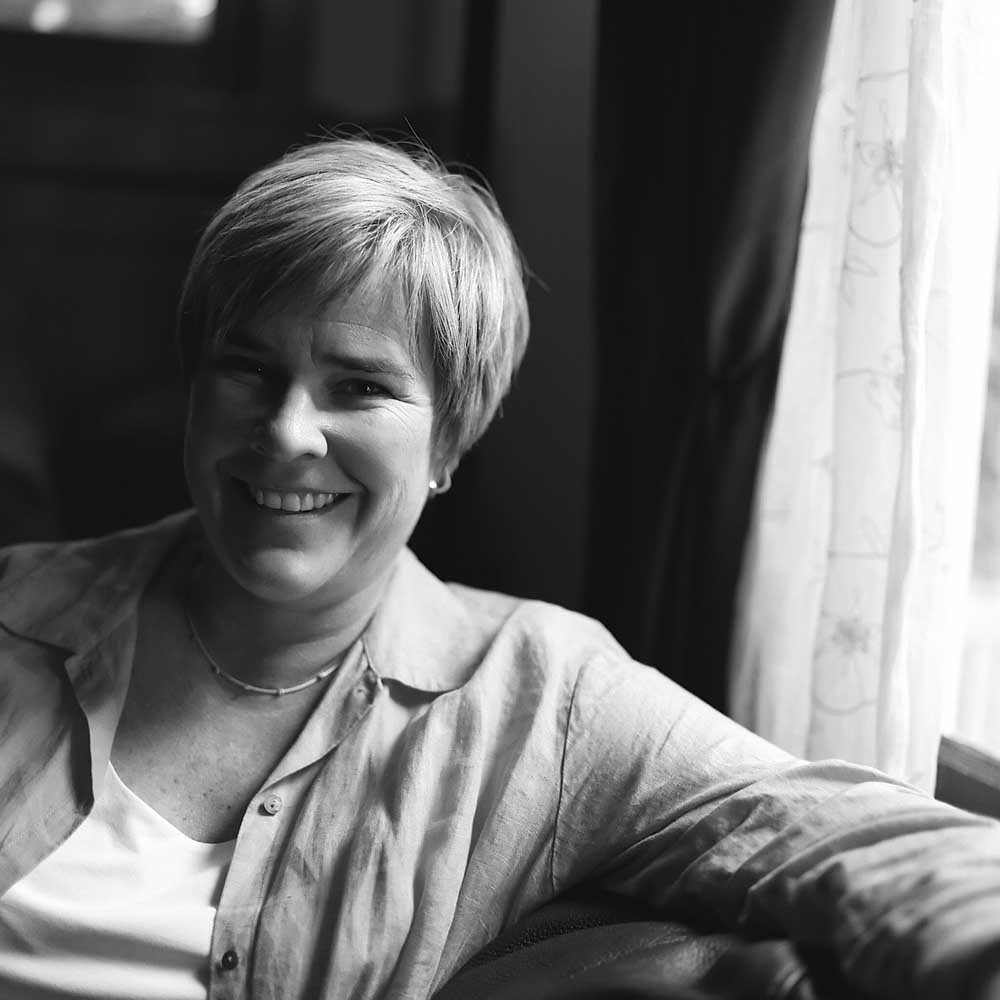Memoir recounts landmark gay rights case
Published 12:00 am Thursday, April 26, 2018

- Retired Air Force Major Margaret “Margie” Witt was a decorated flight nurse. (Mychal Richardson / Submitted photo)
Throughout her eight years on active duty and the following nine years of reserve service as a nurse in the U.S. Air Force, retired Maj. Margaret “Margie” (pronounced with a hard “g”) Witt could not do something as simple as have a family photo on her desk at work. A lesbian, Witt was commissioned in 1987 in an era when gay and lesbian people were deemed “incompatible” with military service. From 1994 onward, under the Don’t Ask, Don’t Tell (DADT) policy, they were required to keep their sexual orientation hidden from coworkers or risk being discharged.
So Witt made excuses to avoid command functions where dates were invited, didn’t discuss her personal life and didn’t invite any Air Force colleagues to her home in Spokane, Washington, for fear of inadvertently giving herself away.
“It was definitely a constant struggle personally and professionally,” said Witt. “You had to keep everything in your life so separate, which meant you didn’t get to know other people and they didn’t get to know you. Don’t Ask, Don’t Tell really put up that barrier where you couldn’t discuss it at all.”
Despite this looming fear of exposure, Witt excelled at her job, earning numerous service awards and outstanding performance evaluations. She was even selected as the face of an Air Force recruitment campaign.
But in July 2004 it all came crashing down, when Witt was notified she was being investigated under the provisions of DADT.
The ex-husband of her partner (and now wife), Laurie McChesney, had reported their relationship to the Pentagon, triggering the investigation. In November that year, she was told the Air Force planned to discharge her.
In Witt’s memoir, “Tell: Love, Defiance, and the Military Trial at the Tipping Point for Gay Rights,” she and co-author Tim Connor recall her military career and the legal fight against her discharge. A 2008 ruling and a 2010 verdict in her favor ultimately led to the 2011 repeal of DADT and helped pave the way for gays and lesbians to serve openly in the U.S. military.
Witt will be a keynote speaker at the Oregon Women Veterans conference at Sunriver Resort this weekend and will also discuss and sign copies of her book at an event in Bend on Saturday.
In many ways “Tell” is a love story. It’s the story of Witt’s love for her country, her family, the Air Force and her wife. Many of the book’s anecdotes are told from the perspectives of Witt’s military colleagues and friends. This allows readers to gain a sense of the dignity and strength that motivated her to challenge her discharge and continue the legal fight after her lawsuit was initially dismissed by a federal judge.
“Being discharged under Don’t Ask, Don’t Tell was based on the premise that having gay people serve in the military was a threat to unit cohesion, readiness and morale,” Witt said. “But I knew that wasn’t true in my case and I challenged them to prove it.”
Despite being confident she would ultimately win her case, the four year battle to overturn Witt’s discharge was emotionally turbulent. She was suddenly cut off from the close-knit unit she’d worked with for many years. Before the lawsuit was filed in 2006, she had to come out to her parents whom she had never confided in about her sexual orientation. She and McChesney also had to endure national media scrutiny and the personal and financial stresses the lawsuit brought with it.
“Initially, it was all about getting back the job I loved,” said Witt. “But over the years that this took, it became more about the fact that if I could help one other person avoid this situation, then it would be worth it.”
Despite ultimately winning her lawsuit, the victory was somewhat bittersweet. The Air Force put off reinstating Witt for as long as possible and she never rejoined the 446th Air Evacuation Squadron. Eventually, the Air Force gave her credit for two years of Reserve duty which gave her enough total service time to qualify for her military retirement benefits.
Since 2014, Witt and McChesney have lived in Portland, where Witt is a rehabilitation supervisor for the Veterans Affairs Portland Health Care System.
Witt had been encouraged to write a book about her experiences by various people over the years. When she finally decided to move forward with the project, she found writing the book with Connor — an investigative journalist whom she met when he covered her lawsuit — therapeutic.
“I think it’s important, really important, that we continue to share our stories, because I know what it’s like not to have a voice” said Witt. “My emphasis is really not on how different we are, but how alike we are and that there’s more to the story than the headlines.”
“Many folks of my generation still chose not to come out after the court case,” said Witt. “But many of the younger generation are out and more open and that’s what we wanted. They’re able to be themselves. Now they can put a photo of their spouse on their desk if they want to.”








